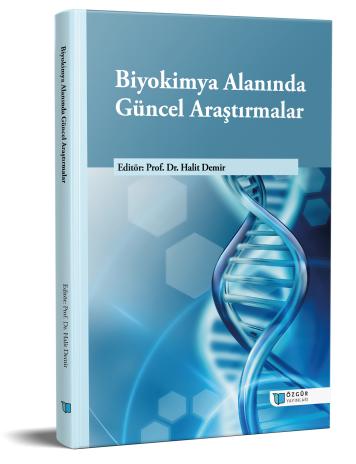
The Role of Antioxidants in Copd Disease
Chapter from the book:
Demir,
H.
(ed.)
2024.
Current Research in the Field of Biochemistry.
Synopsis
Chronic Obstructive Pulmonary Disease (COPD) is a disease characterized by airflow limitation and has extrapulmonary effects. According to the renewed GOLD guideline, COPD is a preventable and treatable disease. Irritants such as smoking and inhalation of harmful particles cause chronic inflammation through mediators released from inflammatory cells and lead to structural changes and damage in the lung. This process causes loss of alveolar tufts and a decrease in the elastic return pressure of the lung. At the same time, irritants can cause DNA damage in cells by producing free oxygen radicals. Increased oxidative stress and nitric oxide levels in COPD play an important role in the pathogenesis of the disease
As a result, antioxidant-containing foods or supplements can be used as a preventive and protective measure in asthma patients.

